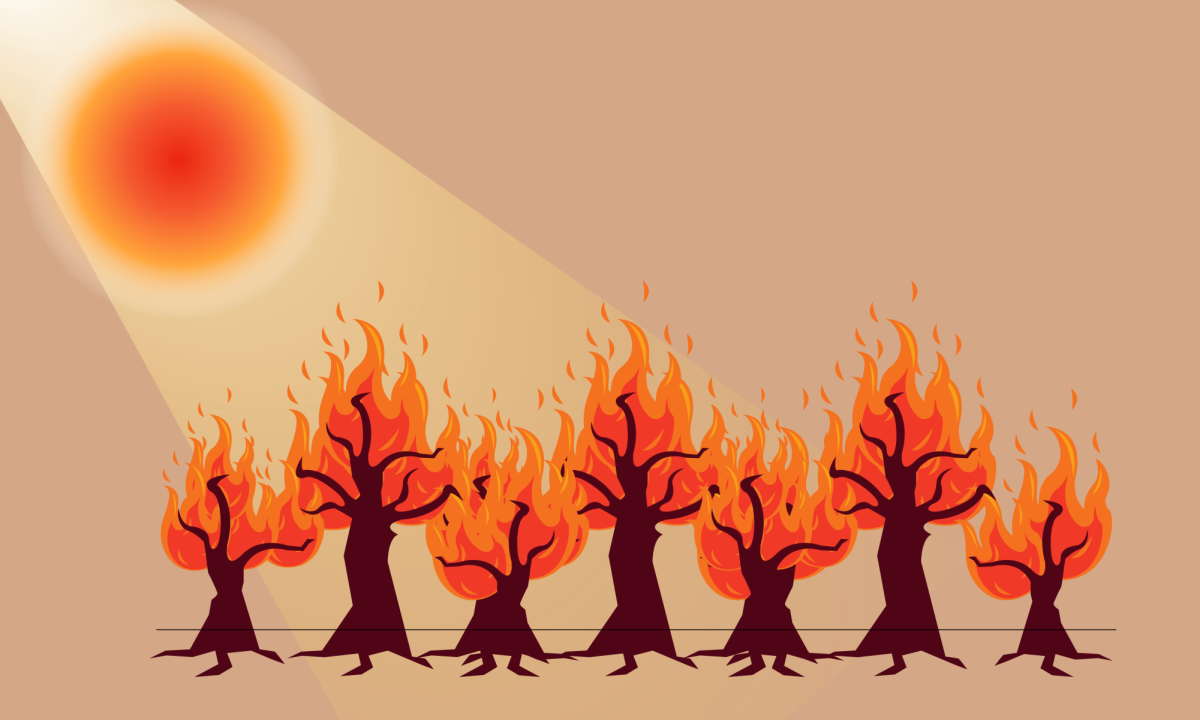The recent snow storms across the East Coast, along with the wildfires raging across Los Angeles, made me wonder why some people do not believe in climate change. No matter how much research is presented to them, they refuse to acknowledge the cause of the extreme weather occurring around them. Why is that?
About 15% of Americans do not believe in climate change or its effects on the Earth, according to a study from the University of Michigan. Some may choose to ignore its existence or effects due to their position on the political spectrum. While climate change is not inherently a “political issue,” many have made it one. President Donald Trump famously called climate change “a hoax” and recently withdrew the United States from the Paris Agreement. This agreement negotiated for countries across the world to cut greenhouse gas emissions in an effort to limit global warming and slow down climate change.
Trump has managed to build a loyal following of supporters, to whom he spreads unfactual rhetoric about the climate crisis. Studies and polls show that Democrats are significantly more concerned about the issue, believe its effects have already begun and believe global warming is due to human actions.
Climate change being human-made is another reason deniers do not believe in the climate crisis’ impact on our world. Many people who challenge the legitimacy of climate change believe all changes in the Earth’s temperature are caused by the natural cycles of the planet. However, this thought process is flawed and misleading. While the planet does have cycles of changing weather, human activities like the emission of greenhouse gasses or the overuse of fossil fuels directly impact the planet’s cycles by altering patterns and progressively heating the earth.
Whether it’s ignorance due to political ideology or ignorance due to false beliefs, the denial of climate change contradicts facts and science. A vast majority of Americans believe in the crisis, but those who don’t are typically inspired by bad actors in high positions of power, directly reflecting how Americans can be easily persuaded by our leaders and politicians.

















































